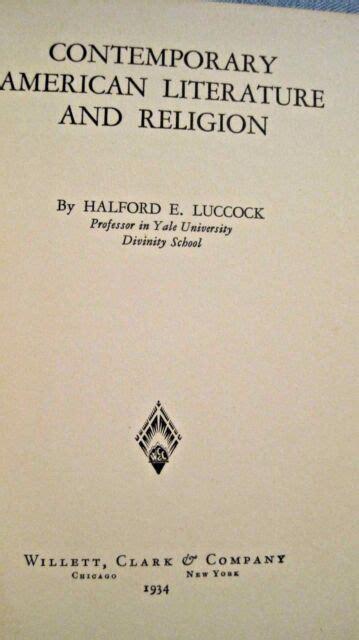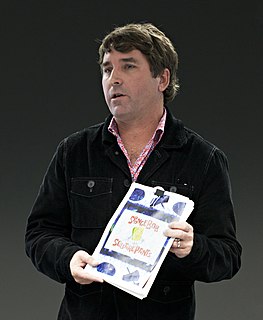A Quote by T.C. Boyle
I've had many students over the years, sometimes even very sophisticated students, who will be writing and will hit a wall. Often I find it's because they're working out of sequence. Maybe some people can do that, but I don't think that's how fiction works. It's a discovery.
Related Quotes
Public education for some time has been heavily focused on what curricula we believe will be helpful to students. Life-Enriching Education is based on the premise that the relationship between teachers and students, the relationships of students with one another, and the relationships of students to what they are learning are equally important in preparing students for the future.
The experience I had all those 40 years of working on Broadway and working on television, I bring it to students and I let them kind of drain me dry but they all feel at the end of the class that they are getting so much out of it. The students grow in my classroom because they feel safe. They don't feel like they're going to be yelled at.
I regret that there aren't more short stories in other magazines. But in a certain way, I think the disappearance of the short-story template from everyone's head can be freeing. Partly because there's no mass market for stories, the form is up for grabs. It can be many, many things. So the anthology is very much intended for students, but I think we're all in the position of writing students now. Very few people are going around with a day-to-day engagement with the short story.
The obsessive focus on a college degree has served neither taxpayers nor students well. Only 35 percent of students starting a four-year degree program will graduate within four years, and less than 60 percent will graduate within six years. Students who haven't graduated within six years probably never will.
Many years ago Rudyard Kipling gave an address at McGill University in Montreal. He said one striking thing which deserves to be remembered. Warning the students against an over-concern for money, or position, or glory, he said: 'Some day you will meet a man who cares for none of these things. Then you will know how poor you are.'
I have a process that I seem to always, to some degree, as a writer, adhere to, but I certainly have never imposed the way I write a novel on my students. When I had students, I never said, "You should never start writing a novel until you have the last sentence." I never did that, and I wouldn't do it now, but people now seem so interested in the process [of writing fiction] that I have to constantly make it clear when I describe mine that I'm not being prescriptive. I'm not proselytizing.
I have find that today's students are often more tolerant of human variance than students in earlier generations might have been. On the other hand, some of our students need much more interaction with a wide variety of peers so they level of understanding deepens and so they are prepared to live in a world that is only going to get smaller.
I spend quite a bit of time thinking about my students. I look at them, at their work, I listen to what they tell me, and try to figure out who they might become in the best of all possible worlds. This is not easy. Students try to give you clues; sometimes they look at you as if imploring you to understand something about them that they don't yet have the means to articulate. How can one succeed at this? And how can one do it 20 times over for all the students in a class? It's impossible, of course. I know this, but I try anyway. It's tiring.
A lot of my students have been quite notable. Notable in both the personal sense - people who have changed my life - and notable in that many have gone on to enormous success in their writing careers. Whether or not I had a lot to do with those success stories, I'm very proud and happy for my former students getting on the map.






































